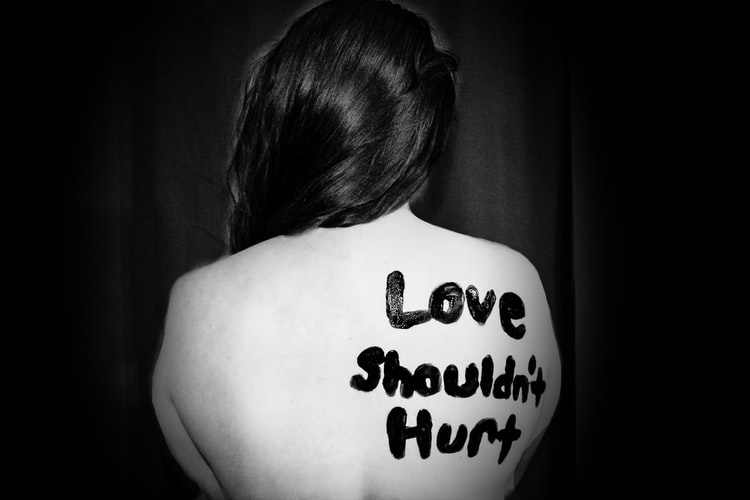How to Recognize Abuse in a Relationship
October 13, 2019
Abuse is a topic that most people don’t bring up due to sensitivity, but while it isn’t being brought up, the quietness of the topic is harmful to victims. Victims of abuse of any sort (emotional and physical) tend to not speak up in fear of being ignored or having people not believe them, and that’s mainly because no one talks about it in the first place. With how common any form of abuse shows up in relationships (48.8% of men and women in the United States experienced psychological aggression by a partner, and 24.3% of women and 13.8% of men have been a victim of severe physical violence by a partner) there should be more talk about recognization and prevention tips.
Physical abuse is typically the more commonly known area of abuse, as it’s the form people can actually see most of the time. By definition, physical abuse is “non-accidental use of force that results in bodily injury, pain, or impairment. This includes, but not limited to, being slapped, burned, cut, bruised, or improperly physically restrained.” This is typically considered as a partner, or really anyone, putting a hand negatively on another person.
However, mental or emotional abuse is less recognizable yet just as important to talk about. Mental and emotional abuse are more behind the scenes. Perhaps because of this, those forms of abuse are not mentioned nearly as often in conversation or the media. The definition of psychological abuse is “any act including confinement, isolation, verbal assault, humiliation, intimidation, infantilization, or any other treatment which may diminish the sense of identity, dignity, and self-worth.” Usually, the relationship will start sweet but the abuser will tend to grow more manipulative or aggressive in their personality. There are many warning signs to recognize such as, but not limited to, constant put-downs, ignoring or excluding, unreasonable and excessive jealousy, guilt trips, and threats.
Being in an abusive situation is rough since you don’t really know what to do or who to talk to. Most victims tend to love their abusers despite how much pain they’re put through, and usually, they find it hard to speak out about what’s going on in the relationship because they don’t want the person they love to be in trouble and they also don’t want to be put at risk. However, getting help for yourself is the best possible thing to do in that situation, as your physical and or mental health is very important. There are many resources to help you along your way, and there are many people who would hear your voice if it seems like nobody will.
One of the best things you could do to start out with is finding someone you trust to talk to whether it’s a friend, family member, teacher, co-worker, or anyone else. Having someone hear your voice is a very great first step to getting help as it builds courage. Some local resources for abuse would be the Domestic Violence Resource Center in Beaverton, Washington County Counseling and Victims’ Service in Hillsboro, and Western Psychological and Counseling Services in Hillsboro. Resources online are the National Domestic Violence Hotline (1-800-799-SAFE), the Gay and Lesbian National Hotline (1-888-THE-GLNH), and for help with teenage dating abuse, contact loveisrespect.org. If the situation is urgent, however, please contact 9-1-1 as the above resources aren’t for life-threatening situations or for emergencies.





























































































































